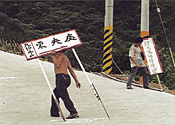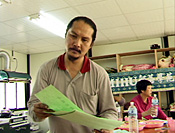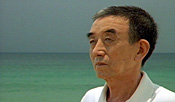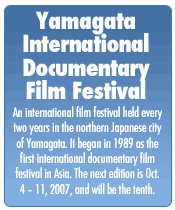

Director: Li Chia-hua


Directors: Ceren Bayar, Dilek Iyigun, Elif Karadenizli, Ozge Kendirci, Savas Ilhan
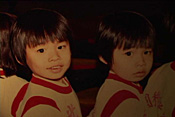 Since causing an incident at eight years old, the director of The Spirit of 8 held fast to a feeling of guilt. At twenty-five, his camera reveals the process of freeing himself from that burden.
In 2000, the Turkish authorities intervened in a hunger strike of political prisoners, causing them to suffer memory loss. Keep the Change challenges a Turkish society that has forgotten the incident.
Since causing an incident at eight years old, the director of The Spirit of 8 held fast to a feeling of guilt. At twenty-five, his camera reveals the process of freeing himself from that burden.
In 2000, the Turkish authorities intervened in a hunger strike of political prisoners, causing them to suffer memory loss. Keep the Change challenges a Turkish society that has forgotten the incident.
9.22(Fri) 19:35-Director (Li Chia-hua) present @Polepole Higashinakano theater
9.28(Thu) 12:30 @Polepole Higashinakano theater

















